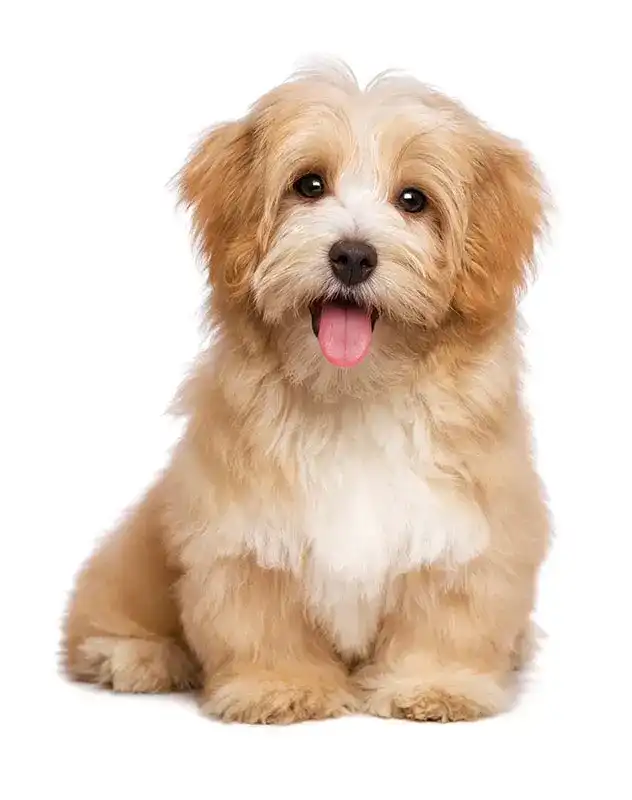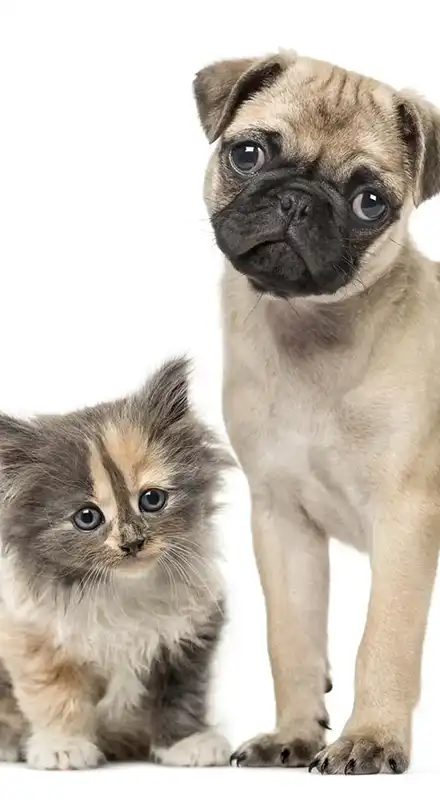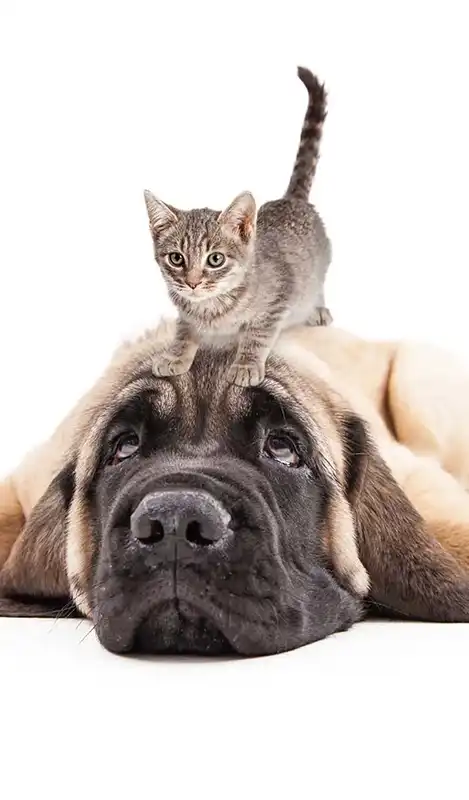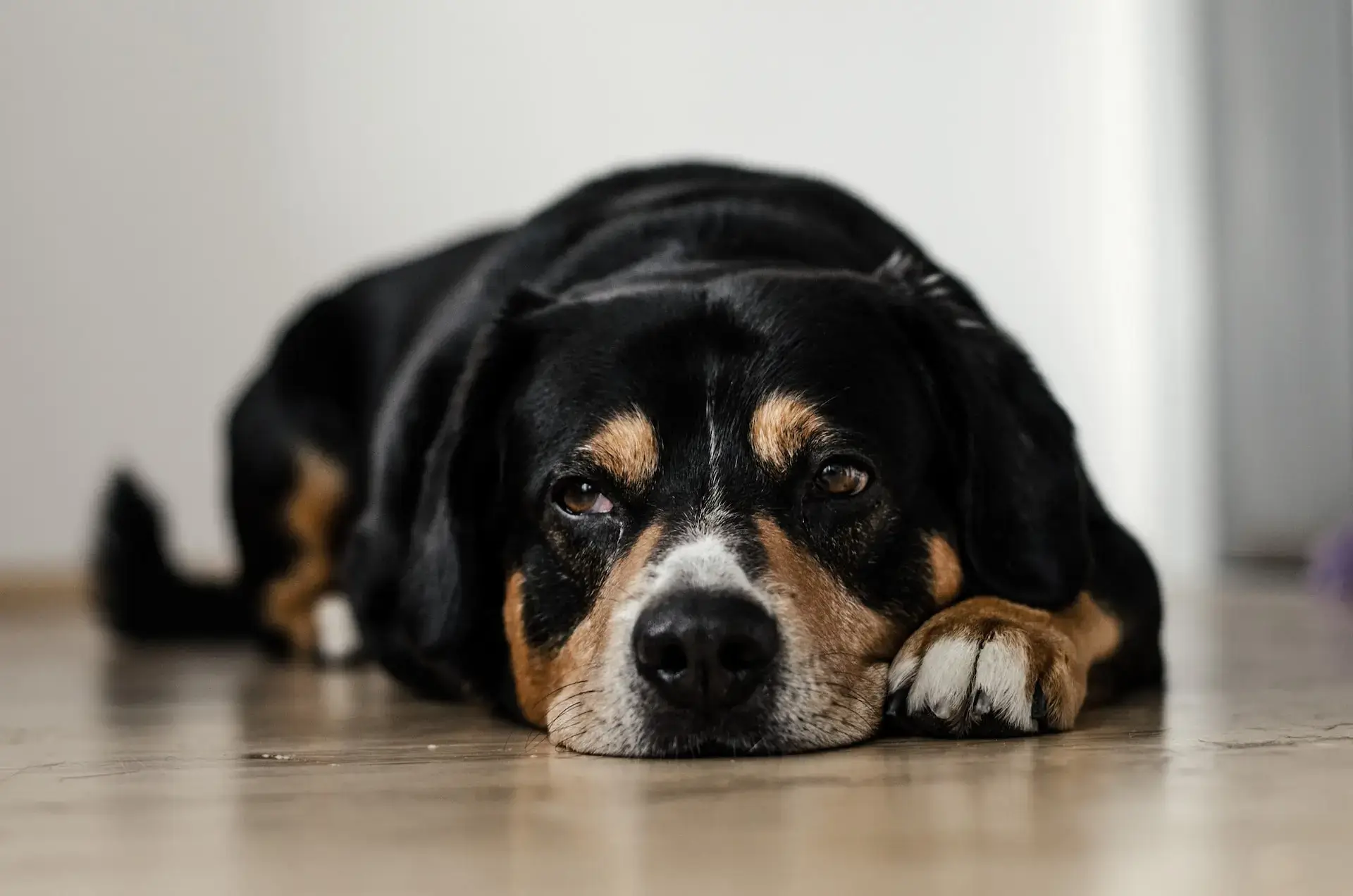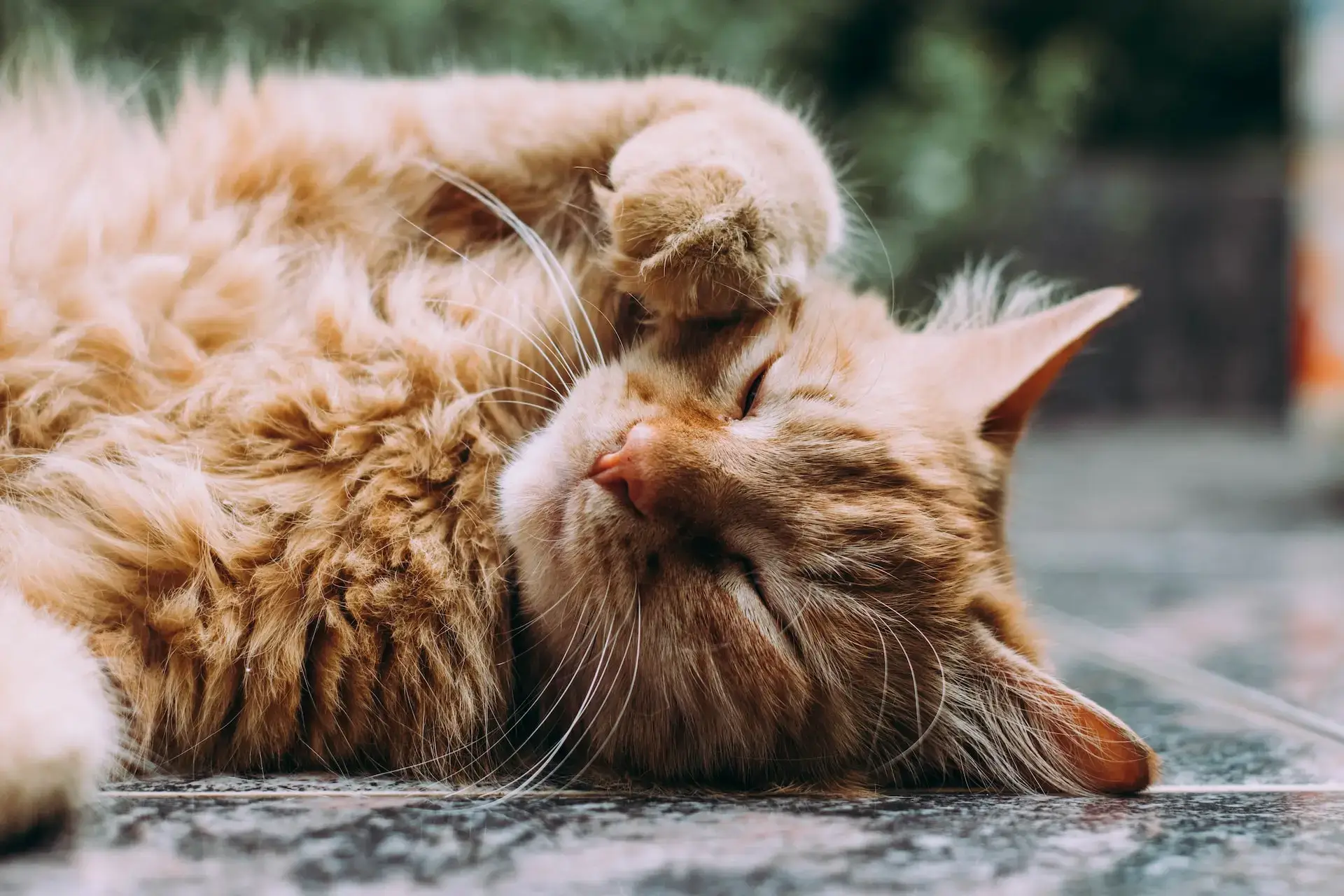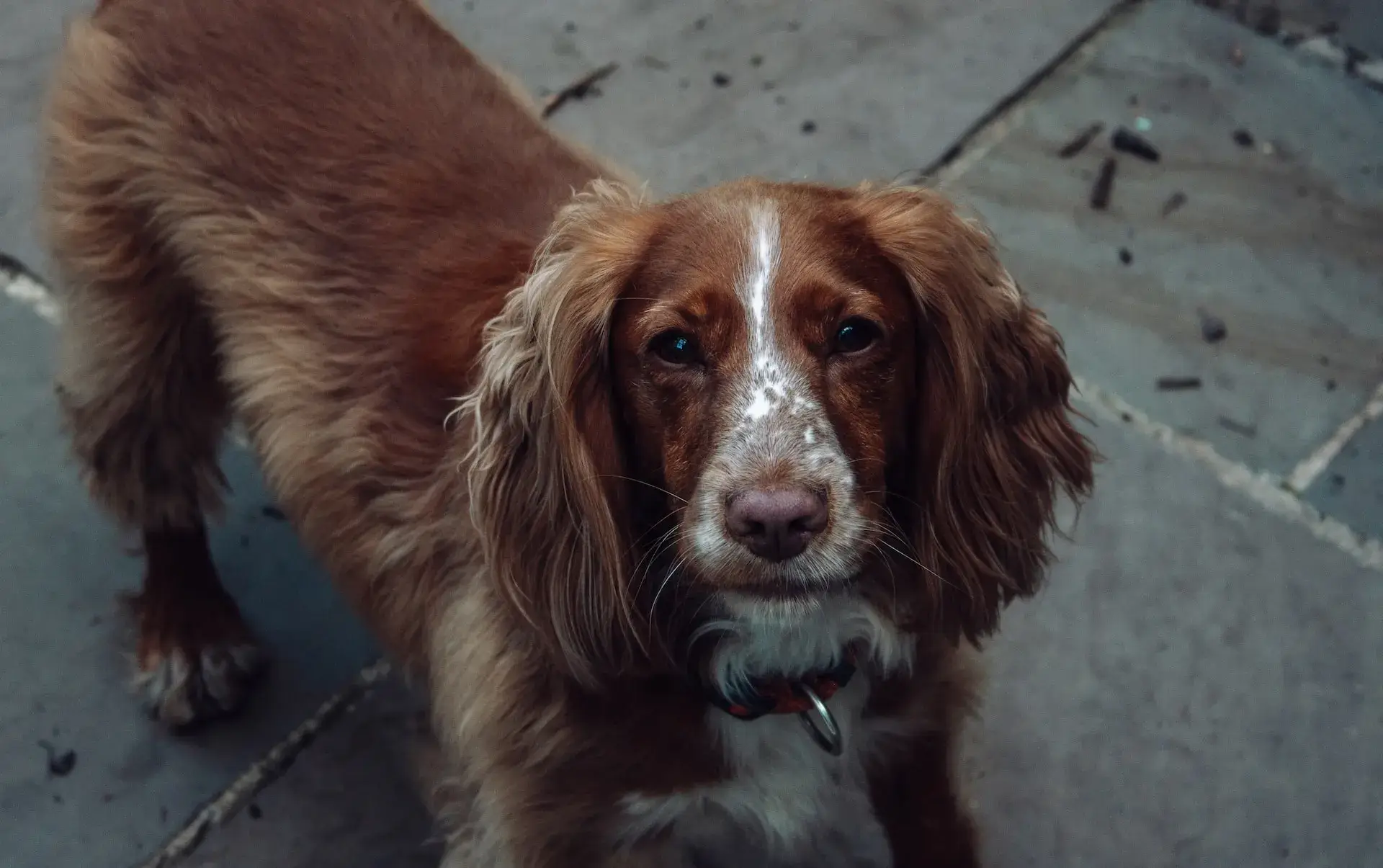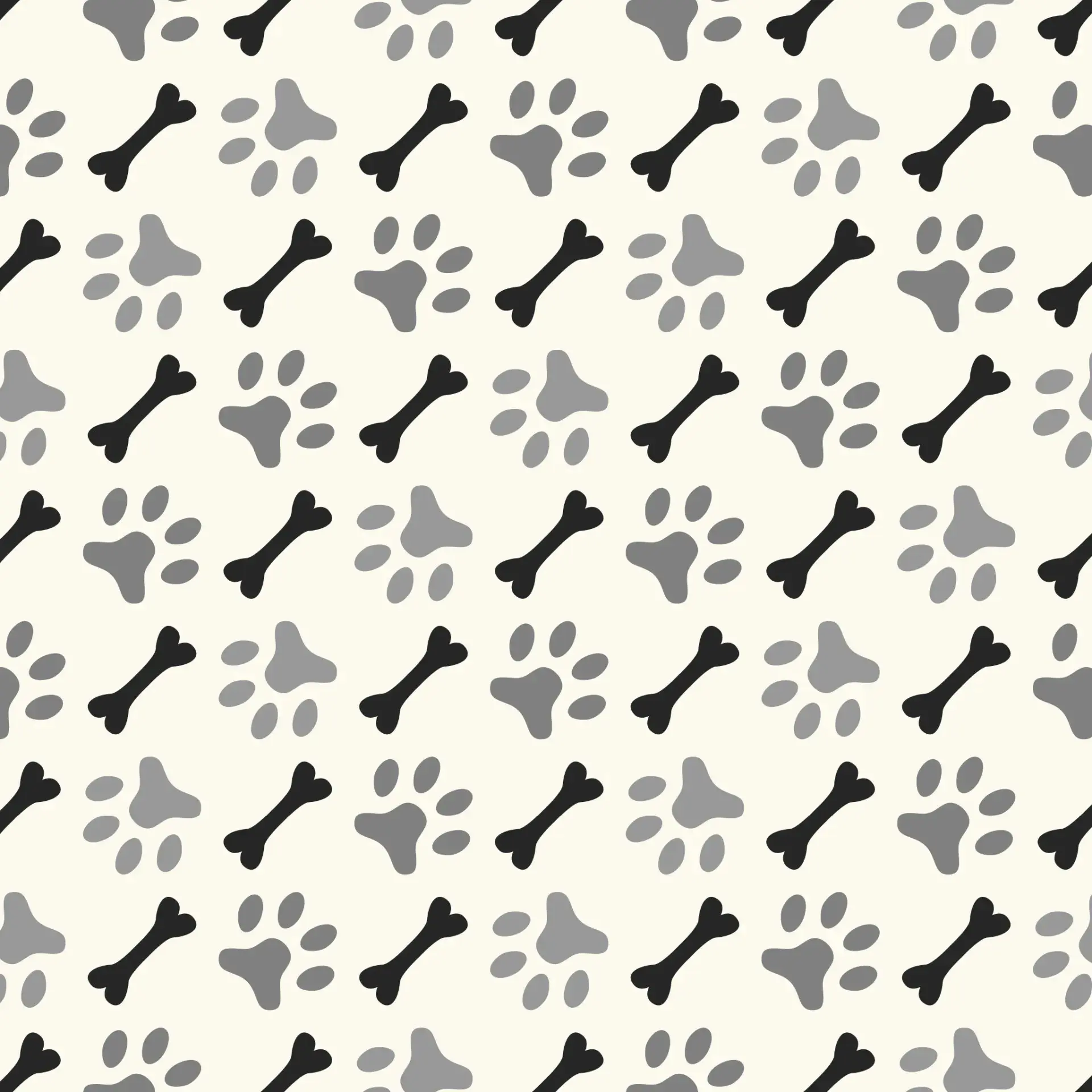Do you enjoy cooking? Chances are, your canine buddy probably takes pretty close notice when you’re whipping up something in the kitchen. If you like, you can always try your hand at cooking for Fido. A local Denver, CO vet offers some advice on this below.
Benefits
There are some benefits for cooking for your canine buddy. For one thing, you’ll know exactly what your furry friend is eating. This is particularly helpful for pups that have allergies or dietary restrictions, but it’s also good just from a quality control point of view. Plus, you’ll be able to customize your pet’s meals to suit his tastes or health care needs.
Safe Ingredients
The biggest thing here is to make sure that you are only using ingredients that are safe for Fido. Plain, boneless meat, fish, or poultry is fine for most pups, though you’ll need to remove the skin, bones, and fat. There is a caveat here, though. You don’t want to include too much organ meat: things like liver and kidney can cause vitamin A toxicity if fed too often. Your canine pal can also have some brown rice or quinoa, as well as safe fruits and veggies, such as peas, carrots, pumpkin, and spinach. You can also include small amounts of things like egg, cheese, plain yogurt, liver powder, bacon or bacon bits, wheat germ oil, or liver powder.
Recipes
This is where it can get tricky. There are many recipes available online, and many may look great at first glance. However, every pooch has unique nutritional needs. An older dog may need food that contains lots of Omega 3 and Omega 6 oils, while a puppy may need a diet that is heavier on fats and proteins. If you feed your canine companion a recipe that doesn’t fit his needs, you may be doing more harm than good. Talk to your vet, and get some specific advice.
Unsafe Foods
Be sure to only use foods that are safe for your canine buddy. Some unsafe foods include garlic, onions, scallions, and chives; meat on the bone; grapes, currants, and raisins; chocolate; caffeine; nuts; mushrooms; and alcohol. Anything with a lot of salt, sugar, or fat is also unsafe. Remember, if in doubt, leave it out!
Do you have questions about your dog’s diet or care? Contact us, your local animal clinic in Denver, CO, today.
